Topic portal
Indigenous and tribal peoples
Introduction
The ILO has been engaged with indigenous and tribal peoples’ issues since the 1920s. It is responsible for the Indigenous and Tribal Peoples Convention, 1989 (No. 169) , the only international treaty open for ratification that deals exclusively with the rights of these peoples. The ILO’s Decent Work Agenda , with gender equality and non-discrimination as a cross-cutting concern, serves as a framework for indigenous and tribal peoples’ empowerment. Access to decent work enables indigenous women and men to harness their potential as change agents in poverty reduction, sustainable development and climate change action.
Upcoming event

An ILO dialogue on just transition with indigenous and tribal peoples
News and articles
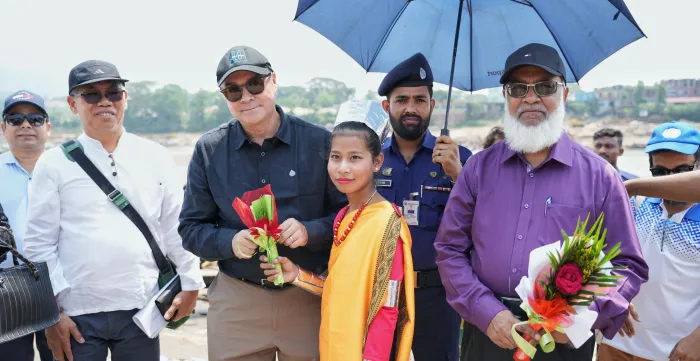
Tourism
Bangladesh Tourism Board and ILO launch community-based tourism in Jaflong to empower the local Khasi community
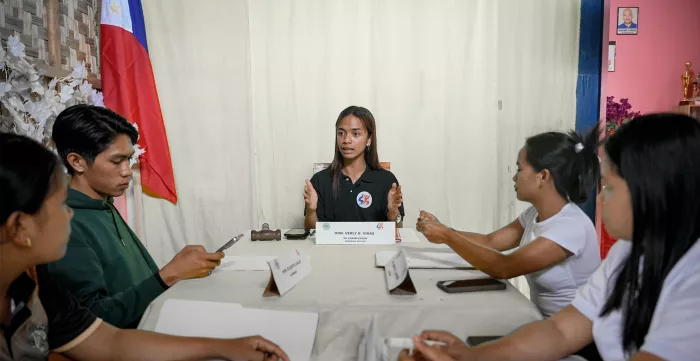
Our impact, Their voices
From cornfields to classrooms to end child labour
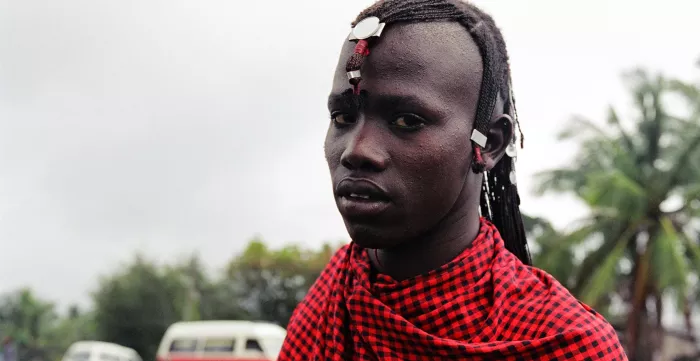
Who are the indigenous and tribal peoples?
Focus on indigenous and tribal peoples' rights
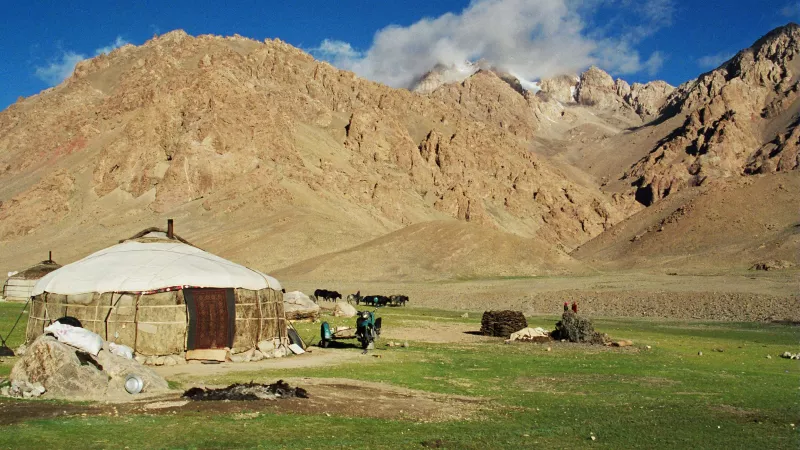
International labour standards regarding indigenous and tribal peoples

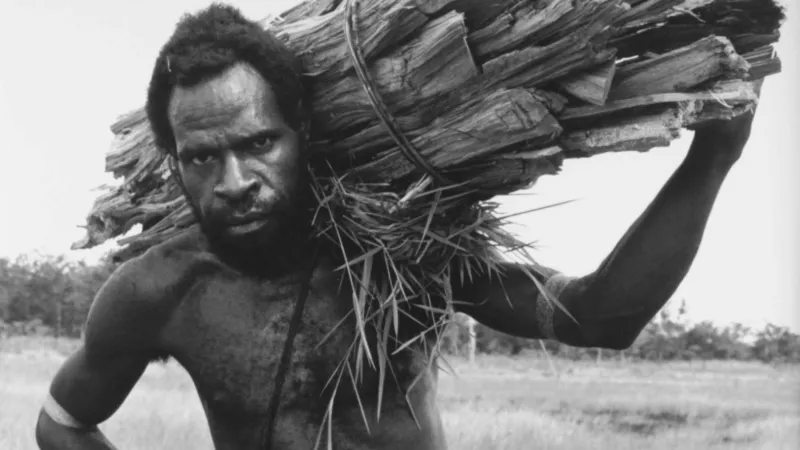
ILO's strategy on Indigenous peoples’ rights for inclusive and sustainable development

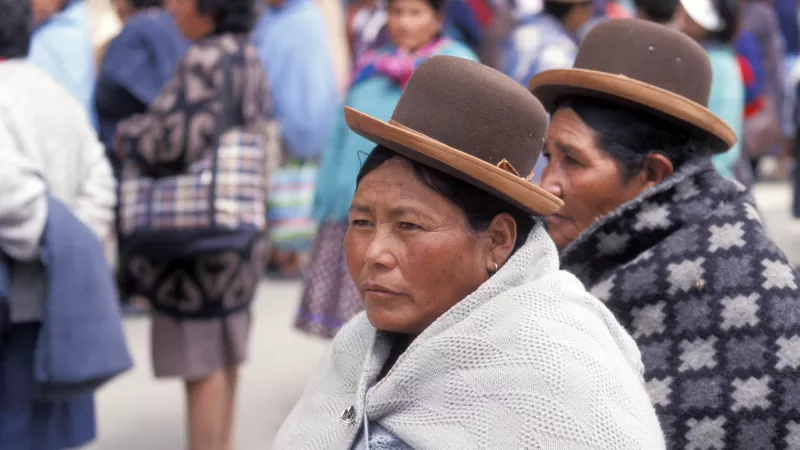
Indigenous and Tribal Peoples Convention 169

Featured
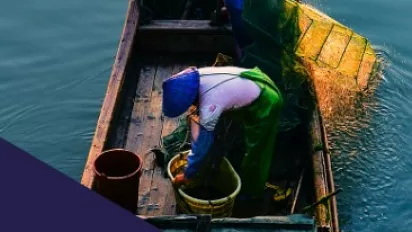
Traditional Occupations of Indigenous and Tribal Peoples in Labour Statistics
Exploring and Tackling Barriers to Indigenous Women’s Participation and Organization

Implementing the ILO Indigenous and Tribal Peoples Convention No. 169: Towards an inclusive, sustainable and just future
Most recent publications
Brochure
Community-based tourism in Bangladesh
Issue paper
Issue paper on child labour and education exclusion among indigenous children